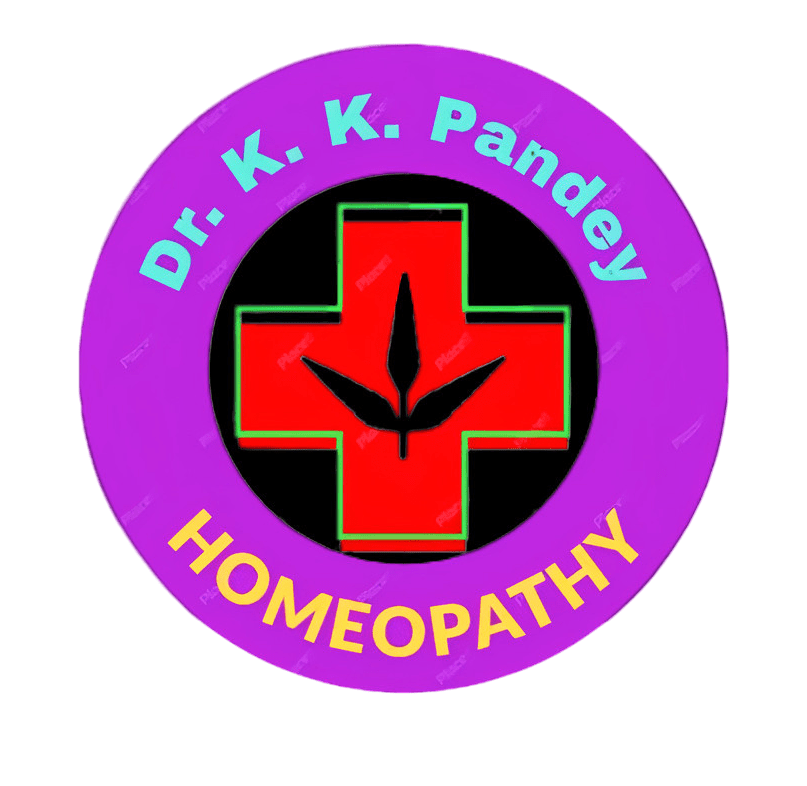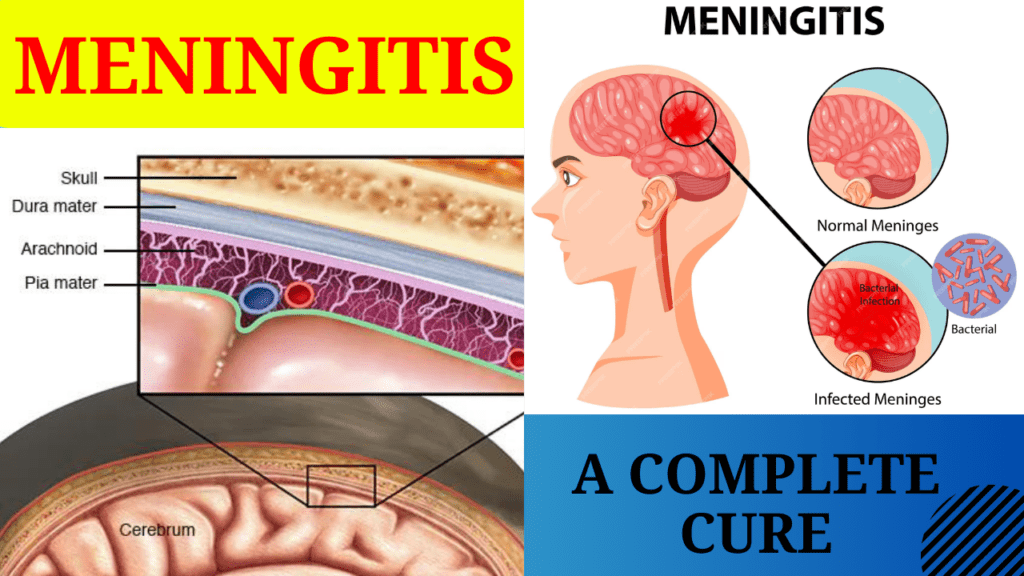“Unearthing Hidden Gems: 10 Intriguing Facts About the Champions League”
Today we will discuss about top 5 homeopathic remedies for meningitis with Meningitis ppt.
Top 5 Homeopathic Remedies for Meningitis
Table of Contents
Meningitis is a condition characterized by the inflammation of the protective membrane which covers the brain and spinal cord. This is a serious medical condition that demands attention and care. Traditional treatments often involve antibiotics, antiviral medications, and hospitalization. However, for those seeking alternative approaches, homeopathy presents a viable option. In this comprehensive guide, we delve into the world of meningitis and explore the potential benefits of homeopathic treatments.
Understanding Meningitis
Before uncovering homeopathic remedies, it is crucial to have a clear understanding of what meningitis entails. Meningitis can be caused by various factors, including viral, bacterial, fungal, or even parasitic infections. The symptoms often include severe headaches, fever, sensitivity to light, and a stiff neck. In severe cases, it can lead to neurological complications, making prompt and effective treatment imperative.
Meningitis Precautions
Meningitis precautions are vital measures aimed at preventing the occurrence and spread of meningitis, a potentially life-threatening infection that causes inflammation of the protective membranes covering the brain and spinal cord. Meningitis precautions include vaccination, maintaining good hygiene practices, avoiding close contact with infected individuals, and boosting immunity.
Vaccination against meningitis, particularly for high-risk groups such as infants, children, adolescents, college students, and travelers to high-risk areas, is highly recommended. Additionally, practicing proper hand and respiratory hygiene, such as frequent handwashing and covering the mouth and nose when coughing or sneezing, can help prevent the transmission of meningitis-causing pathogens. Minimizing close contact with sick individuals, particularly during outbreaks, along with maintaining a healthy lifestyle through consistent exercise, proper nutrition, and sufficient sleep, can help lower the risk of meningitis.
Early recognition of symptoms and seeking prompt medical attention are crucial for timely diagnosis and treatment. By implementing meningitis precautions, individuals can protect themselves and others from meningitis and contribute to public health efforts to control the spread of the disease.
Meningitis ppt-
You can download Meningitis ppt here in English.
The Principles of Homeopathy
Homeopathy is based on the principle of “like cures like,” meaning that a substance causing symptoms in a healthy individual can be used in small doses to treat those same symptoms in someone who is ill. Homeopathic remedies are highly individualized, with practitioners considering not only the physical symptoms but also the emotional and mental state of the patient.
Homeopathic Remedies for Meningitis
- Belladonna
- Belladonna is a well-known homeopathic remedy that may be considered for early stages of meningitis. It is particularly useful when symptoms include sudden and severe fever, throbbing headaches, and sensitivity to light and noise.
- Helleborus Niger
- Helleborus Niger is indicated when meningitis leads to a state of confusion, sluggishness, and even stupor. It may be beneficial in cases where patients exhibit slow mental processes and difficulty focusing.
- Gelsemium
- For individuals experiencing weakness, drowsiness, trembling, and a sense of heaviness in the head. Gelsemium could be a valuable homeopathic option. This remedy is often considered for cases of viral meningitis.
- Bryonia Alba
- When a patient experiences severe pain that worsens with even the slightest movement, Bryonia Alba might be suggested. It’s especially helpful for those who prefer to stay still and quiet. Additionally, dryness is often observed in all mucous membranes.
- Apis Mellifica
- Apis Mellifica is indicated when there is significant swelling and inflammation, which may be accompanied by a stinging, burning sensation. It can be a useful remedy in cases of viral or bacterial meningitis.
The Importance of Professional Guidance
While homeopathic remedies offer potential benefits, it is crucial to seek the guidance of a qualified homeopathic practitioner. They will conduct a thorough assessment of your symptoms, medical history, and overall constitution to prescribe the most suitable remedy and dosage.
Integrative Approach for Optimal Results
It is worth noting that homeopathic treatments can complement conventional medical care. A well-rounded approach that incorporates both traditional and alternative methods can provide the best possible outcome for individuals dealing with meningitis.
In conclusion, while homeopathic treatments hold promise in addressing meningitis. It is essential to approach them with careful consideration and under the guidance of a knowledgeable practitioner. Each case is unique, and a personalized treatment plan is paramount. If you or someone close to you is facing meningitis, it’s important to consult a qualified healthcare professional to determine the best course of action.
Frequently Asked Questions (FAQ)
1. What is meningitis?
– Meningitis refers to the inflammation of the protective membranes that cover the brain and spinal cord, which are known as the meninges. It can be triggered by bacteria, viruses, fungi, or other infectious agents.
2. What are the common symptoms of meningitis?
– Common symptoms include severe headache, fever, stiffness of the neck, sensitivity to light, confusion, vomiting, and sometimes seizures.
3. How is meningitis diagnosed?
– Diagnosis typically involves a combination of physical examination, medical history review, and laboratory tests such as a lumbar puncture (spinal tap) to examine cerebrospinal fluid.
4. What are the different types of meningitis?
– Meningitis can be categorized into bacterial, viral, fungal, and parasitic meningitis. Each type is caused by different pathogens and necessitates tailored treatment approaches.
5. What are the risk factors for meningitis?
– Risk factors include age (with infants and young children being more vulnerable), a weakened immune system, living in crowded environments like dormitories, lack of vaccination, and exposure to specific pathogens.
6. How is bacterial meningitis treated?
– Bacterial meningitis is a critical condition that demands immediate antibiotic treatment. Additionally, supportive care is often necessary to manage symptoms and prevent complications.
7. Can meningitis be prevented?
– Yes, certain types of meningitis can be prevented with vaccines. Practicing good hygiene, steering clear of close contact with infected people, and engaging in safe sex can also help lower the risk of certain types of meningitis.
8. What are the potential complications of meningitis?
– Complications can include brain damage, hearing loss, learning disabilities, seizures, and in severe cases, death. Prompt diagnosis and treatment can help reduce the risk of these complications.
9. Is meningitis contagious?
– Yes, some forms of meningitis, especially bacterial and viral types, can be contagious. Transmission typically occurs through respiratory droplets or direct contact with an infected individual’s saliva or nasal secretions.
10. What should I do if I suspect someone has meningitis?
– If you suspect someone may have meningitis, get medical help right away. Prompt diagnosis and treatment are vital for improving their prognosis. Meanwhile, encourage the person to rest and limit close contact with others to help prevent spreading the infection.


